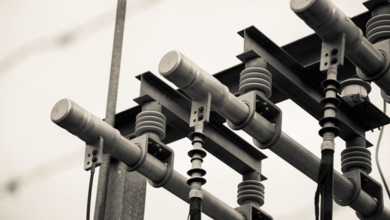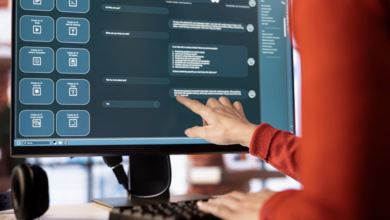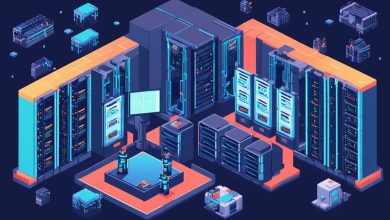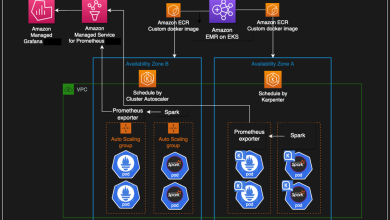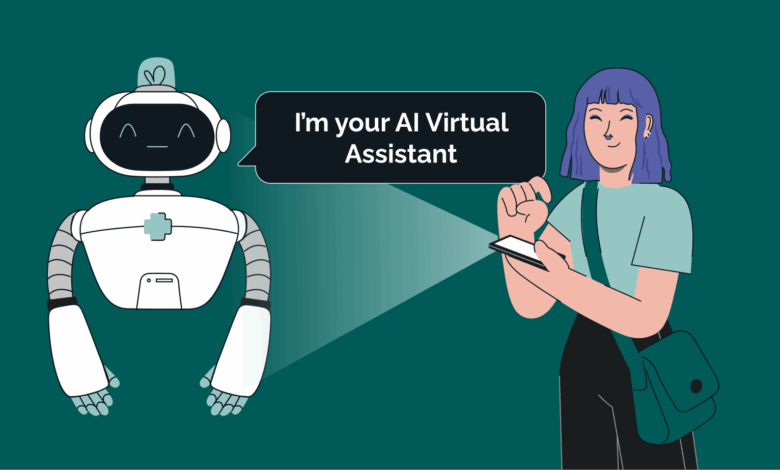
Now is the time to get ready by measuring everything you need to stay healthy and fit. When life is busy, it can feel like you’re trying to throw a dozen balls while riding a bicycle. What if I told you that AI helpers can catch those balls for you? Would you believe me? These smart digital assistants, which are sometimes called “algorithmic-powered virtual sidekicks,” are changing how we take care of our daily health.
AI is putting your health in your hands and making it simple. It can do everything from keep track of how much water you drink to make your workouts more effective. We are going to talk about how AI can make your life easier and give you some helpful hints and ideas along the way. This has something for parents who are short on time, gym junkies, and people who are trying to eat better. Let’s work together to find out how AI can be a reliable health partner.
Calling on AI Wellness: Keeping Track of Everyday Life
Imagine getting up and having your AI helper give you a quick rundown of how your son slept the night before. Doesn’t that sound like the future? It’s already happening! A lot of apps and tools that use AI can get information from wearables like smartwatches to do things like:
- track your steps,
- check your pulse, and
- even figure out how you are stressed.
It’s not enough to just keep track of the numbers; you need to turn those numbers into thoughts that are real enough. For instance, if the AI sees that you aren’t meeting your daily workout goals, it can suggest a 10-minute walk during your lunch break that works with your plan.
The best thing about the helpers is that they fit right into your life. They sync with your calendar to remember you to drink water or get meals that are good for your diet. Think about AI that tracks your diet. It could look at your shopping list and suggest recipes that are low in calories but high in other nutrients.
Tip: To start, connect your AI to just one app, like a health tracker. Then, move on to bigger things. Slowly, patterns will start to show up. For example, getting more sleep will give you more energy. Now that you know this, you can use it to make better decisions instead of just guessing.
Getting a mental health boost from AI friends
For example, if you talk to an AI chatbot about how you’re feeling, the AI will think about what to say in answer. It will listen without judging you and give you ways to deal with your bad day. These tools use natural language processing to figure out how you feel about something and gently lead you towards activities that will make you feel better, like guided breathing exercises or saying positive affirmations. They’re like having a therapist in your pocket, ready to help you whenever you need it.
If you have anxiety or burnout, AI can make custom programmes for relaxation. If you feel stressed at a certain time, it might make you want to try a quick fifteen-minute meditation while remembering what you liked about it in the past. The power of user data in AI health apps has been shown in a collection of studies to reduce stress levels by about 20% when the apps are used continuously.
What a great idea! Have AI write in a journal every day for you. It can look through your entries for themes that come up again and again and suggest problems you might want to look into so that you can build long-term mental strength. Remember, AI can never be a replacement for professional help. It can only help you form better habits.
Customised routines for beauty and grooming
Who says that exercise and healthy food are all you need to be healthy? AI is now used in beauty practices as well, with the promise of making them more efficient and tailored to each person. As an example, AI camera-enabled apps can figure out what kind of skin you have and suggest moisturisers, sunscreens, and other items that will work best for you. AI can then keep an eye on all of your at-home teeth whitening treatments, not just the ones you do on your face. It will suggest safe treatments based on your dental history and the results you want.
In the same way, AI assistants can look at your hair’s texture, environment, lifestyle, and other factors and suggest hair treatments that will make it shine and be strong. Whether it’s a deep conditioning mask or style tips, these ideas will help you avoid wasting time and money on trying things and seeing what works and what doesn’t.
Tip: Put your pictures on an AI beauty app so you can try on clothes virtually. This way, you won’t be stuck with shades or styles that don’t work for you. That level of customisation boosts confidence and encourages regular self-care habits, which turns boring chores into fun ones.
Easy to take care of minor illnesses
Life does throw you some curveballs from time to time. There are times when you get a cold, times when you have a headache, and times when AI can help you get through something without any trouble. As a first step, AI symptom-checkers can make a list of questions to ask and suggest that you rest or drink a lot of water if you’re feeling sick. You’ll be able to take charge and cut down on unnecessary trips to the doctor.
In cases where you require documentation, such as for absences from work, AI can streamline sick certificates, demoing online forms with you or setting up your call with telehealth providers for rapid approval. Efficiency is key here-an expedited approval in just a few minutes versus hours. Pro tip: Combine your AI with health records apps for organization so that when you really do need professional input, your history is just a tap away. Time saves compounds with feeling empowered throughout one’s health journey.
AI-based plans for nutrition and exercise
On the other hand, AI can be used to improve your health by making diet and exercise plans that change as you do. AI uses your information, like your age, weight, and level of activity, to make a main meal plan for you that is both reasonable and enjoyable. This is different from stereotyped ones where a master planner just makes a diet for a million people. When it learns that you like pasta a lot, it might suggest a healthier version, like tasty zucchini noodles. It will then keep track of your progress.
Virtual trainers that are driven by AI give real-time feedback on how well a person is doing during a workout and change the level of difficulty based on that. If someone is trying to heal from an accident, the exercises are changed so that they don’t put too much stress on the hurt area. Studies show that AI-personalized plans make people 30% more likely to stick to them. This is likely because they feel less like a chore and more like a friend giving you help.
I have a great idea: Set weekly goals for your AI to help you eat more protein. Let it send you encouraging messages when you reach important goals. This builds momentum so that wellness becomes a way of life, not just a goal that is broken quickly.
Using AI to change how family health works
It’s not possible to be healthy by yourself; it’s usually a family matter, and AI can help with that. The AI helpers check on kids’ schedules, like when they should sleep and when to take their allergy medicine, to make sure everything is going as planned. It can make health more like a game, like making family walks into a fun task.
AI brings peace to older people. It sends alerts to your phone when you fall or take medicine when you use it a lot. This kind of connection makes for a helpful setting where health is seen as a shared issue. Setting up multi-user AI platforms with family dashboards where everyone can log their activities and get ideas is the most important thing to remember. This not only improves health but also brings people closer together.
How AI will change holistic health in the future
In the coming days, there will likely be a deeper connection for predictive analytics that use habits to predict health trends. There are many choices, from wellness virtual reality experiences to community support groups driven by AI. But there should always be a balance: AI should help people make links and use their intuition.
To sum up, AI assistants are more than just tools; they are your friends on this life journey, doing everything from keeping track of your daily tasks to giving you really personalized advice. Adopting these AI helpers with care can help you get back time, relax, and live a healthier life in general.

